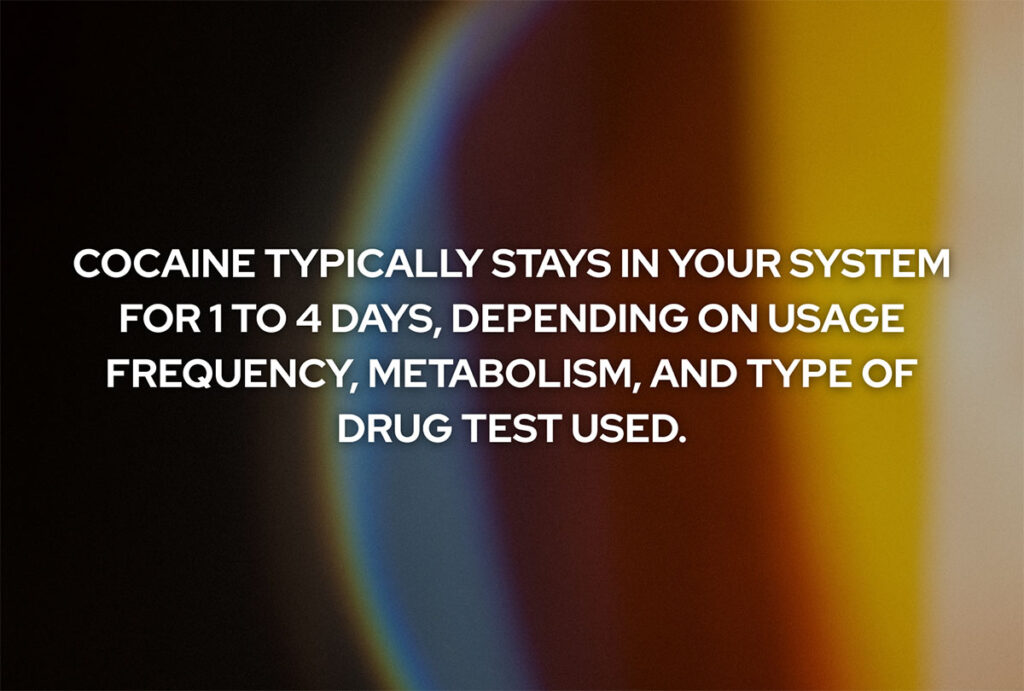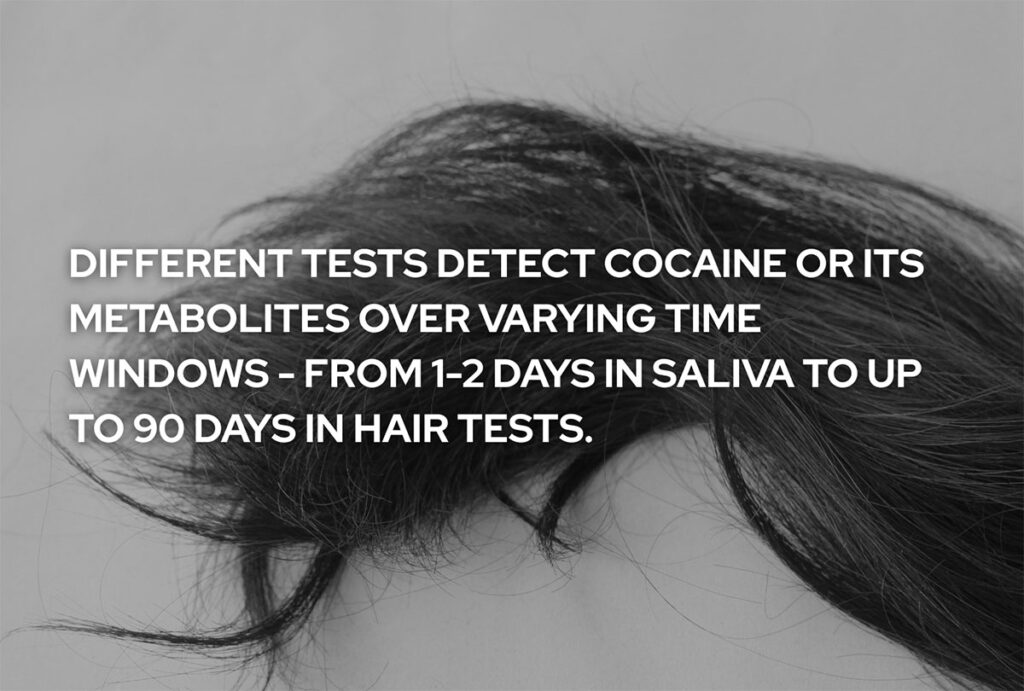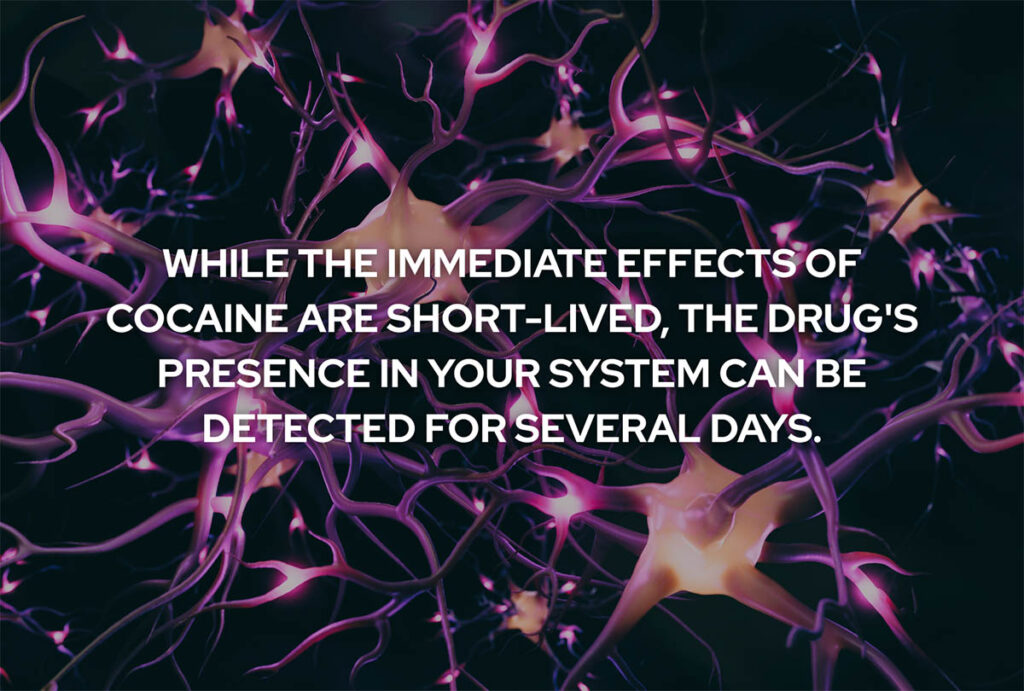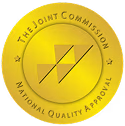Cocaine typically stays in your system for 1 to 4 days, depending on usage frequency, metabolism, and type of drug test used. However, in heavy or chronic users, traces may be detectable for up to two weeks. The drug’s effects, while short-lived, can have longer-lasting consequences on the body and brain.
How Cocaine Works in the Body
Cocaine is a powerful stimulant that affects the central nervous system. It produces short-term effects such as increased energy, elevated mood, and heightened alertness. These effects typically peak within 30 minutes and subside within 1-2 hours.

Once ingested, the liver metabolizes cocaine into compounds like benzoylecgonine, which is what most drug tests detect.
Detection Times by Test Type
Different tests detect cocaine or its metabolites over varying time windows:
- Urine Test: 2 to 4 days (up to 2 weeks in heavy users)
- Blood Test: Up to 2 days
- Saliva Test: 1 to 2 days
- Hair Test: Up to 90 days

Factors That Affect Cocaine Detection Time
Several variables influence how long cocaine stays in your system:
- Frequency of Use: Chronic use leads to longer detection periods.
- Dose: Higher doses take longer to eliminate.
- Metabolism: Individuals with faster metabolism clear cocaine more quickly.
- Body Mass: Fat content can affect how drugs are stored and metabolized.
- Hydration and Nutrition: Proper hydration may assist faster elimination.
Short-Term Effects of Cocaine Use
The initial effects of cocaine use include:
- Increased energy and alertness
- Decreased appetite
- Elevated mood and talkativeness
- Dilated pupils
These effects wear off quickly, often leading users to take repeated doses, which increases the risk of dependency and overdose.
Risks of Prolonged Cocaine Use
Regular use significantly impacts physical and mental health:
- Heart problems, including arrhythmias and heart attacks
- Anxiety and paranoia
- Cognitive decline
- Increased risk of addiction
If you or someone you know is struggling with cocaine use, seeking professional cocaine addiction treatment is the most effective way to begin recovery.

Treatment Options for Cocaine Addiction
Comprehensive care improves long-term recovery outcomes:
1. Inpatient Rehab
Inpatient programs provide 24/7 support in a structured environment, helping individuals detox and build coping strategies.
2. Behavioral Therapy
Cognitive Behavioral Therapy (CBT) is effective in identifying triggers and developing healthier responses.
3. Support Groups
Groups like Narcotics Anonymous offer peer support and accountability.
4. Lifestyle Interventions
Exercise, nutrition, and sleep improvements help restore balance to the brain and body.
For personalized, evidence-based care, consider entering a certified rehab center with experience treating stimulant use disorders.
Conclusion
While the immediate effects of cocaine are short-lived, the drug’s presence in your system can be detected for several days. The best way to address substance use and minimize long-term health risks is through early intervention and access to professional treatment. Whether for yourself or a loved one, don’t hesitate to explore recovery options with a trusted provider.





.png)
